by Julie Zeilinger, | August 30, 2023
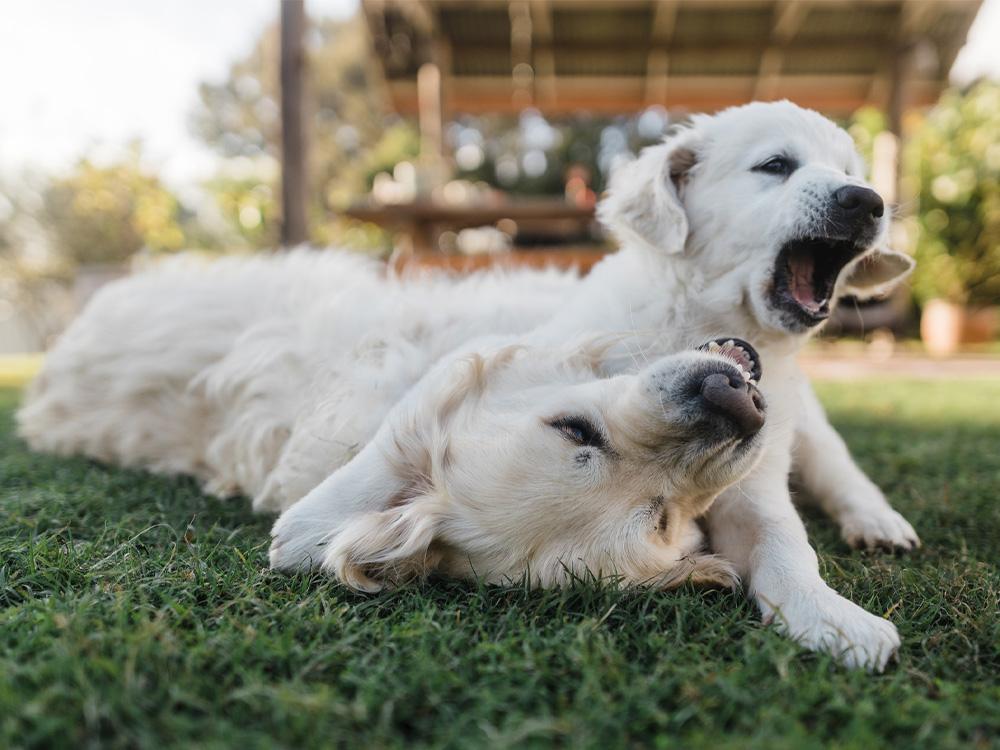
Samantha Gehrmann / Older dog
It’s a thought many pet parents of older dogs have: Should I adopt a puppy for my dog? It’s a well-meaning and valid question, but one that should be carefully considered. While bringing home a young dog or puppy might “liven up” your older dog and help them stay young, this is not always the case. Sadly, the reverse is often true.
In this article:
If you’ve started to ask yourself this question, consider these important factors when choosing a new companion for your home.
What are the benefits of getting a puppy with an older dog?
There are benefits of getting a puppy when you have an older dog, including:
Providing your senior with companionship and mental stimulation, which can help prevent cognitive decline and reduce stress.
Giving your senior a reason to be more active, which can help keep them mobile and deter the onset of certain health conditions.
Your older dog could very well benefit a puppy as well by helping guide them through their training by modeling the rules of the house.
How to decide if you should get a second dog
First and foremost, carefully consider your older dog’s health, energy, and temperament before bringing a new dog into your home. Your dog is an individual, and nobody knows them better than you. Have they reacted well to puppies and/or other dogs in the past? Are they naturally social? Do they struggle with being alone?
It’s also important to remember that if you decide to bring home a second dog, you must be prepared for all the responsibilities that come with a new family member, including the financial responsibility and time needed for training and taking care of them. You should only bring a second dog into your home, therefore, if you want one — not only because you think they might benefit your resident dog.
If you decide to go for it, you’ll want to know how to prepare for a second pet. Here are some questions to consider:
Will a new puppy be welcome in the home?
If your dog is not naturally social and has shown aggression or even disinterest towards other dogs or puppies, they likely will not welcome another dog in their home. It’s also important to consider the puppy’s temperament and breed: If your resident dog is a breed that tends to be more sedentary, it’s best to avoid adopting a large-breed or high-energy puppy.
How far apart in age are they?
Your senior or adult dog might be spry now, but think ahead. Will they still be a good match for an adolescent companion in two or three years? And will you still be able to manage a young dog and an older dog who may need more intense care?
Will a puppy help my older dog stay young and active?
A puppy may help your older dog stay active, but an older dog will likely not be able to match a puppy’s energy at all times. You should plan to be able to separate your older dog from your puppy throughout the day to give your senior time to decompress.
Will a puppy affect my older dog’s routines and comfort?
A puppy could very well affect your older dog’s comfort and even cause stress. Senior dogs already experiencing cognitive decline or who have demonstrated difficulty adjusting their routine in the past probably won’t take well to a new puppy’s routines.
Will my older dog need more attention after bringing in a puppy?
If your older dog has been the only pet in the home for most or all of their lives, and they are happy as an only pet, they may prefer all your attention. If you bring in a new dog, remember to make sure your older pet receives extra one-on-one time with you every day.
Tips for raising a puppy with an older dog
Before you begin to consider how you’ll raise your new puppy alongside your older dog, it’s crucial to properly introduce them. Make sure your puppy and resident dog are vaccinated, neutered or spayed, and in good health (if either is ill, they may need to be kept separate from the other while being treated). Once everyone is healthy, follow these steps:
Introducing your puppy and older dog
Your new puppy and resident dog’s first introduction should be outside in neutral or unfamiliar territory, with both dogs on leashes. Note that if your puppy is very young and hasn’t completed their vaccinations, they shouldn’t be in a public place, so consider asking a neighbor or friend to use their yard.
The resident dog should approach the puppy first, and the puppy should be restrained from jumping or sniffing. If there are no signs of aggression, the dogs can spend five or ten minutes together. If there are signs of aggression, separate the dogs; you may need to walk them instead, with the adult dog leading and the puppy behind.
Once home, you may want to keep the puppy in a “starter room,” ideally one your resident dog doesn’t use for sleeping or eating, at least at first. Then, the dogs can start going on leashed walks together and build up toward being off-leash together in a contained area while supervised. You can slowly increase the amount of time they spend together.
When introducing dogs, it’s important to try to model calm behavior yourself, as dogs respond to humans’ emotions and behavior. You should also keep all initial meetings short and closely monitor both dogs’ body language.
Welcoming your new puppy
As important as it is to make sure your new puppy is properly introduced to and eventually gets along with your resident dog, it’s also crucial to pay attention to everything you need to do to welcome your new dog to your home.
For example, especially if your new dog is an older puppy or young adult, remember the “3-3-3 rule”: expect your new dog to feel overwhelmed or nervous for three days, take three weeks to settle in, and three months to build trust and bond with you. They may also express some anxiety symptoms, like a reduced appetite or hiding. Just show your new dog patience and understanding and establish a consistent schedule so they feel secure.
Training your puppy
Training a new puppy is crucial whether you have a resident dog or not. After puppy-proofing your home, employ positive reinforcement training to reinforce good behavior. The good news is your older dog may help train your puppy by modeling positive behavior.
Commonly asked questions
Should I get a second dog?
When deciding whether or not to get a second dog, you should take your individual pet into consideration. For example, if your older dog is experiencing health problems, they likely won’t be able to keep up with a puppy’s rambunctiousness.
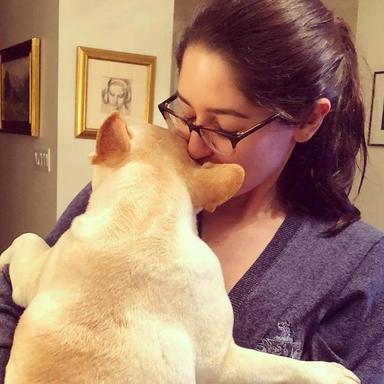
Julie Zeilinger
Julie Zeilinger is a NYC-based writer and editor whose writing has been published in Marie Claire, Vox, HuffPost, Forbes, and other publications. She is also the author of two books: College 101: A Girl’s Guide to Freshman Year (2014) and A Little F’d Up: Why Feminism Is Not a Dirty Word (2012). She is the mom to Baloo, a two-year-old Bichpoo and foster mom to dogs via Badass Animal Rescue.
Related articles
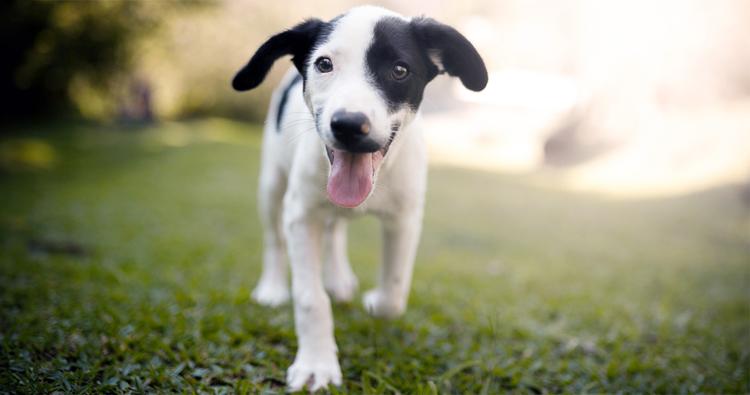
Adoption Advice
How to Raise a Puppy: Tips for New Pet Parents
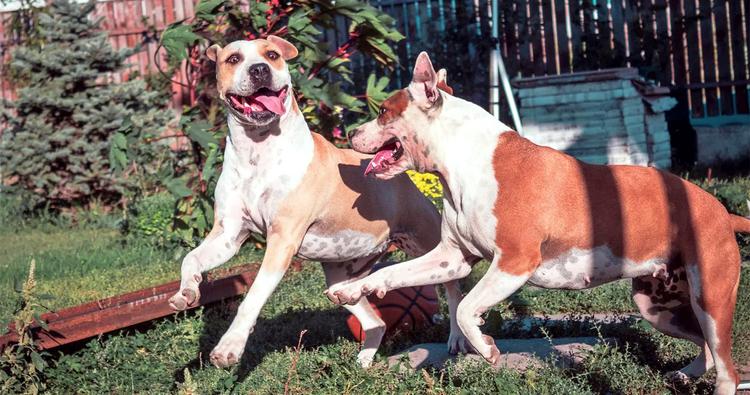
Adoption Advice
The Pros and Cons of Getting a Second Dog: Adoption Advice
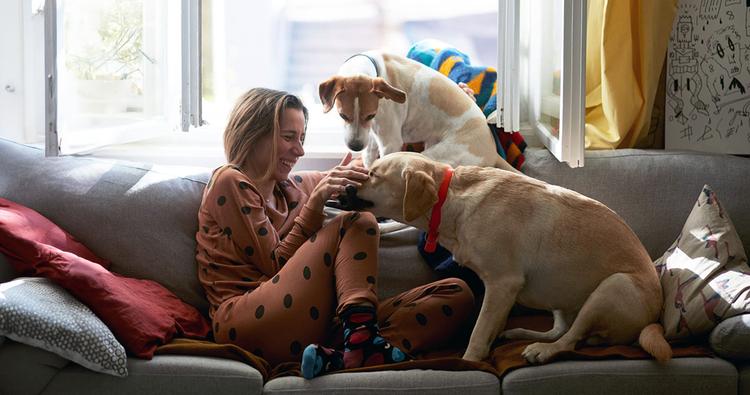
Adoption Advice
Adopting a Bonded Pair
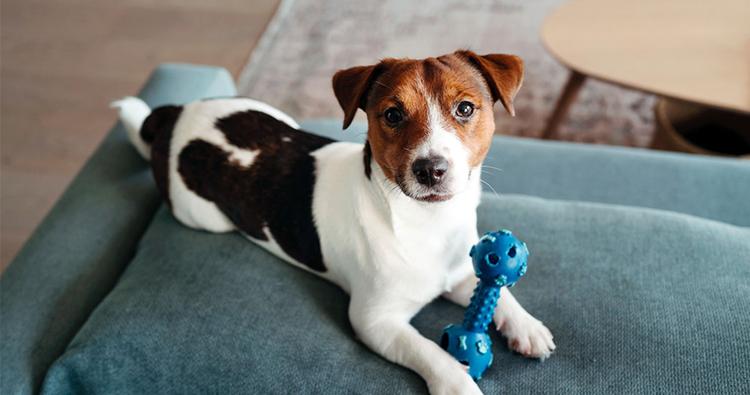
Adoption Advice
How To Puppy Proof Your Home Before Adoption
Preparing for a new puppy? Learn how to puppy proof your home and create a safe environement for your new puppies first days at home.